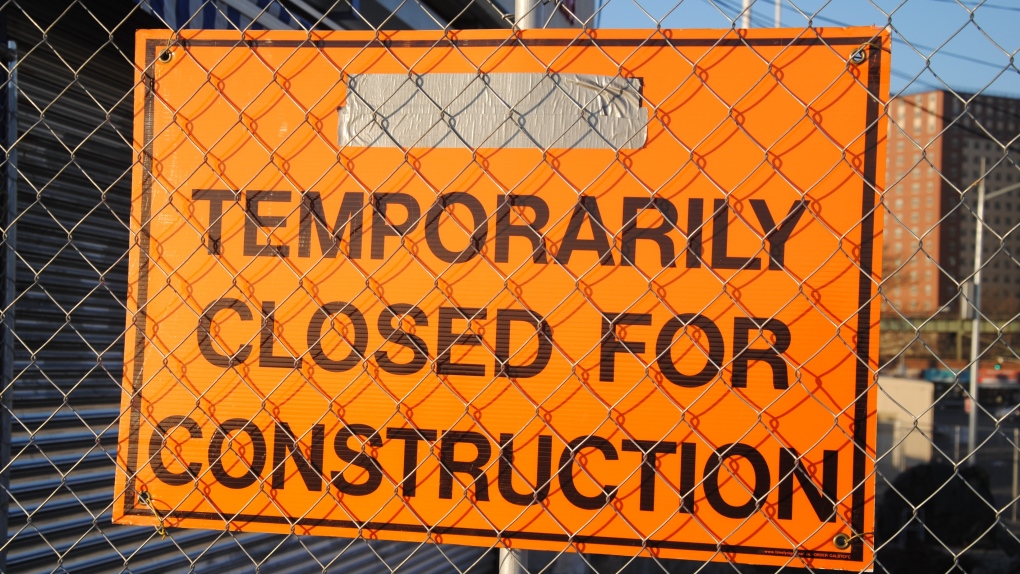
New developments under construction are popping up all over the Halifax area. Despite the booming industry, construction companies in Nova Scotia are seeing labour shortages.
For construction manager Gary Good, the work doesn’t stop.
“We employ roughly 30 workers right now, so if there was a shortage in our labour force, we wouldn’t be able to do as much work as we do,” said Good.
While Good has been lucky to have a full staff, he said others are not as lucky. “I hear it all the time. I know there’s a lot of people that have a shortage.”
According to the Nova Scotia Construction Sector Council, construction companies are dealing with a variety of complex issues causing shortages in the industry.
“It’s based on the occupation. It’s based on the sequencing of the timing of the projects that individuals or companies might work on. It also really depends on supply chain,” said Trent Soholt, the council’s executive director.
Often times when materials arrive late, workers are redirected to a different site. By the time those materials show up days later, employees are busy with another project. This leaves companies looking for other solutions.
“Some projects are revisiting design to see how [they] can maximize the current available last skillsets for the projects coming up,” said Soholt. “So every project is faced with its own unique sort of motivation as to what’s going to get it done.”
Several industries have faced shortages, especially since the pandemic. However, a shortage of skilled tradespeople for the construction industry has gone back decades. In dealing with the problems, companies are now looking outside the country.
“Many are relying on immigration. With the forecast of work that’s coming up, we do foresee challenges,” said Soholt.
Soholt said until the industry sees changes to the shortage, this could hamper current and future projects in the region.
“Current forecasts identify an unprecedented demand for skilled trades professionals that will continue until at least 2030, requiring a focus on attraction of new apprentices and supports to retain apprentices through to certification,” said the Department of Labour, Skills and Immigration in a statement.
Some of the initiatives the province mentioned include the More Opportunity for Skilled Trades (MOST) tax rebate, the Apprenticeship START program, and marketing to other Canadian provinces to attract more skilled trade workers to Nova Scotia.